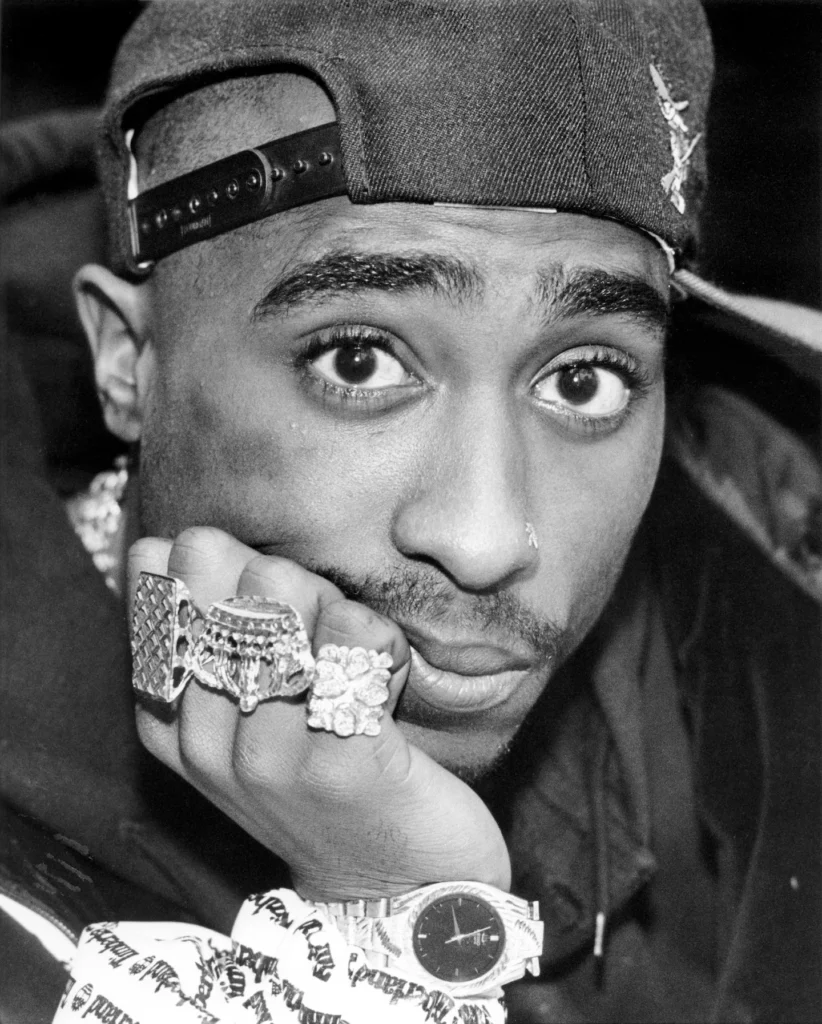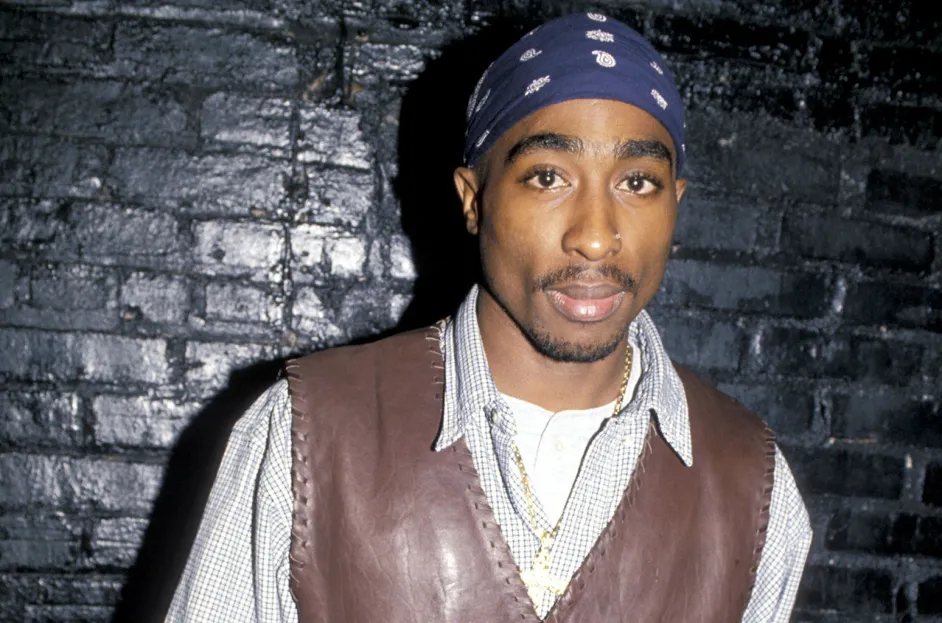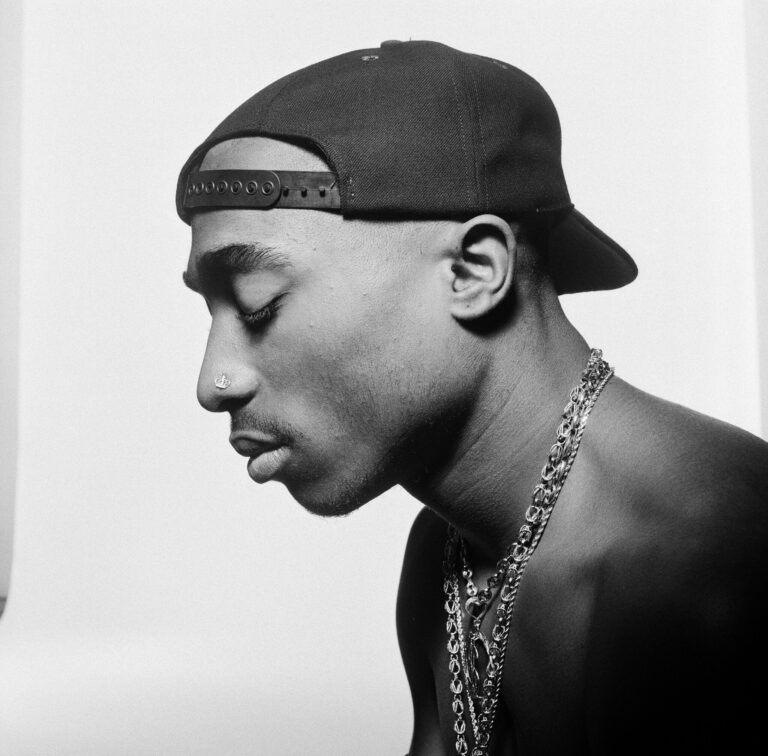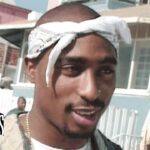Tupac Shakur’s 1994 Interview: Tupac Shakur, a voice of a generation, shared profound insights during his 1994 interview with Ed Gordon. His words continue to resonate, offering a window into the struggles and aspirations of urban youth in America. This article explores some of Tupac’s most powerful statements, showcasing his ability to articulate complex social issues and his desire for positive change.
Tupac Shakur’s Representation and Responsibility
Tupac felt a deep responsibility to represent his generation authentically. He stated:
“I feel like I could represent my generation so much because I honestly did not care whether I lived or died but now I cannot die with people thinking I’m a rapist or criminal.”
This quote reflects Tupac’s transformation from a carefree youth to a man aware of his influence and legacy. It underscores the weight of responsibility he felt as a public figure and his desire to be understood correctly.

Tupac Speaking Truth to Power
Tupac believed in the power of honest, unfiltered communication. He emphasized the importance of speaking truth:
“We would never even had that audience had we not said what was real.”
This statement highlights Tupac’s commitment to authenticity in his art and public persona, even when it might be controversial or uncomfortable.
Unity in Shared Struggles
Addressing the common fears and challenges faced by all communities, Tupac said:
“The main thing for us to remember is that the same crime element that white people are scared of, black people are scared of.”
This powerful observation emphasizes the shared human experience across racial lines, challenging the notion of “us vs. them” in discussions about crime and community safety.
Personal Growth and Transformation
Tupac was candid about his personal growth, stating:
“I made a metamorphosis. I’m a new person today.”
This quote reflects Tupac’s self-awareness and his willingness to evolve, setting an example for personal development and change.

The Value of Freedom and Respect
On the importance of dignity and freedom, Tupac expressed:
“If I can’t live free, if I can’t live with the same respect as the next man, I don’t want to be here.”
This powerful statement underscores Tupac’s commitment to equality and his refusal to accept a life of oppression or disrespect.
Doing Meaningful Work
Tupac saw his role as more than just an entertainer. He believed in making a difference in his community:
“I feel like I’m doing God’s work… because these ghetto kids ain’t God’s children and I don’t see no missionaries coming through there.”
This quote highlights Tupac’s sense of purpose and his dedication to uplifting his community, especially those overlooked by mainstream society.
Conclusion: Tupac Shakur’s 1994 Interview
Tupac Shakur’s words in this 1994 interview reveal a young man grappling with complex social issues, personal responsibility, and the desire for positive change. His insights continue to inspire and challenge us, reminding us of the power of authentic expression and the importance of standing up for one’s beliefs.
Tupac’s legacy extends far beyond his music. His words serve as a call to action, encouraging us to speak truth, seek understanding, and work towards a more equitable society. As we reflect on his message, we’re reminded of the ongoing relevance of his observations and the enduring power of his voice in shaping discussions about race, class, and social justice in America.
What’s your favorite Tupac quote?
How do you think his words apply to today’s social climate?
Share your thoughts in the comments below!


